Over the past couple weeks there’s been a lot of talk on Twitter about discontent and alternative social networking platforms. Personally, I don’t have anything against Elon, and I don’t assume he’s going to destroy this company, but I was still curious what other users’ perspectives were. As it happened, a lot of folks started […]
Episode 19: Religion and Desire
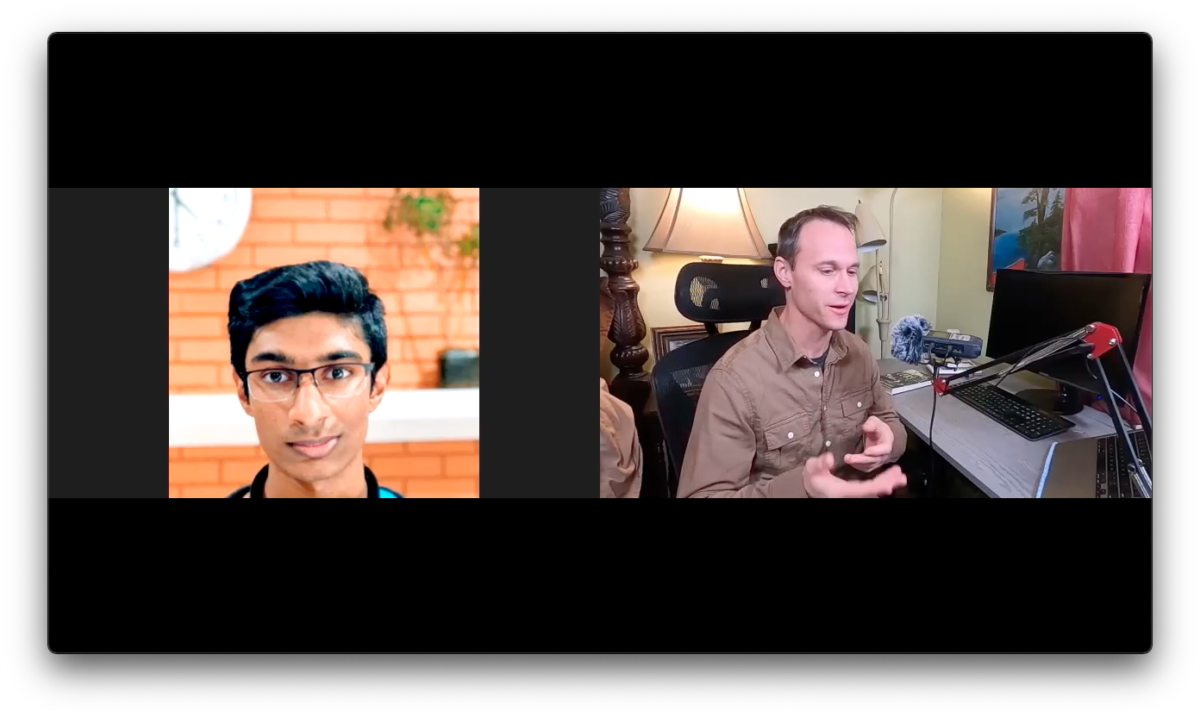
I have a discussion with my friend Sattvik Basarkod about religion and desire. We explore some of the overlap between relgious dogma and philosophy, desire, and shame.
Episode 18: Identities and Intersections
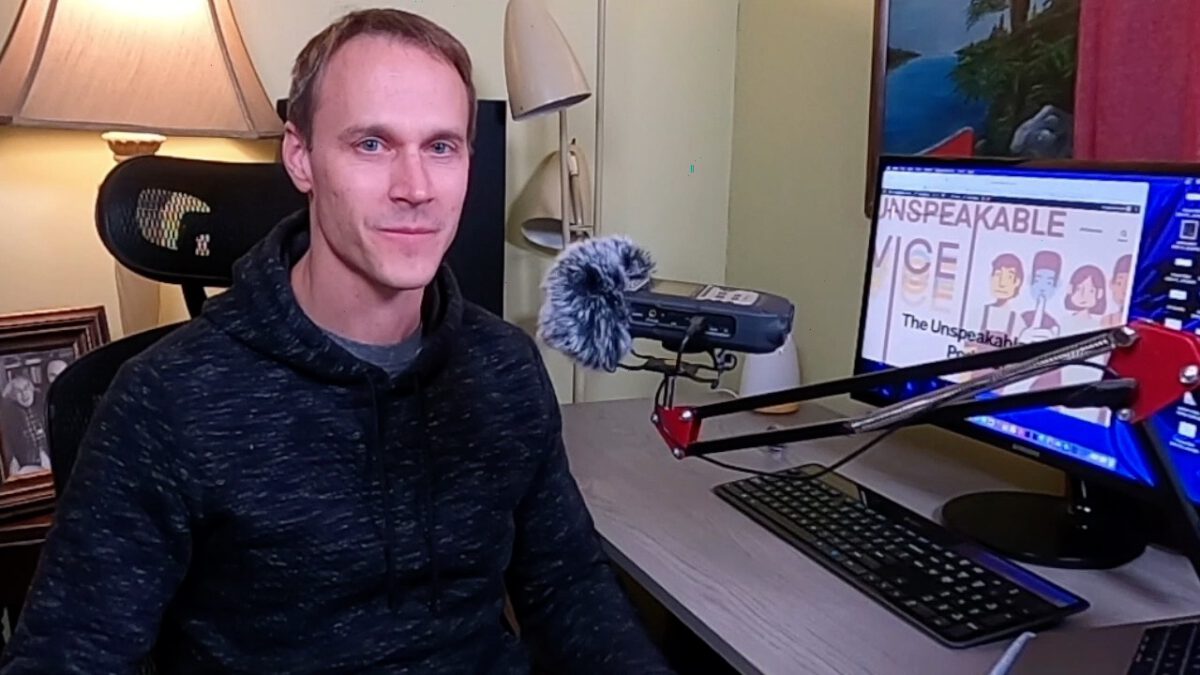
Using TJ (from Episode 17) as an example, I take a dive into some aspects of identity that may not be overtly sexual, but they have implications for the sexual self.
Remembering Aaron Swartz
Aaron Swartz was a technologist, a revolutionary, and an inspiration. He died nine years ago today. Listen in to hear why his life and work was important. On my screen you’ll see an article summarizing something Aaron wrote about sexual identity.
Episode 17: An Interview with TJ Konesky

Poised for a comeback, TJ Konesky reflects on the past couple years. TJ’s public life is not about sex, but this interview uncovers how gender and sexuality norms can influence all parts of life.
Should This Podcast Continue?
Hi everyone. You might have noticed that I was a little later than usual on the most recent episode. Part of that was because school got me busy, but to be honest I also found myself lacking my usual motivation. I realized I wasn’t as excited about the podcast as I was when I started. […]
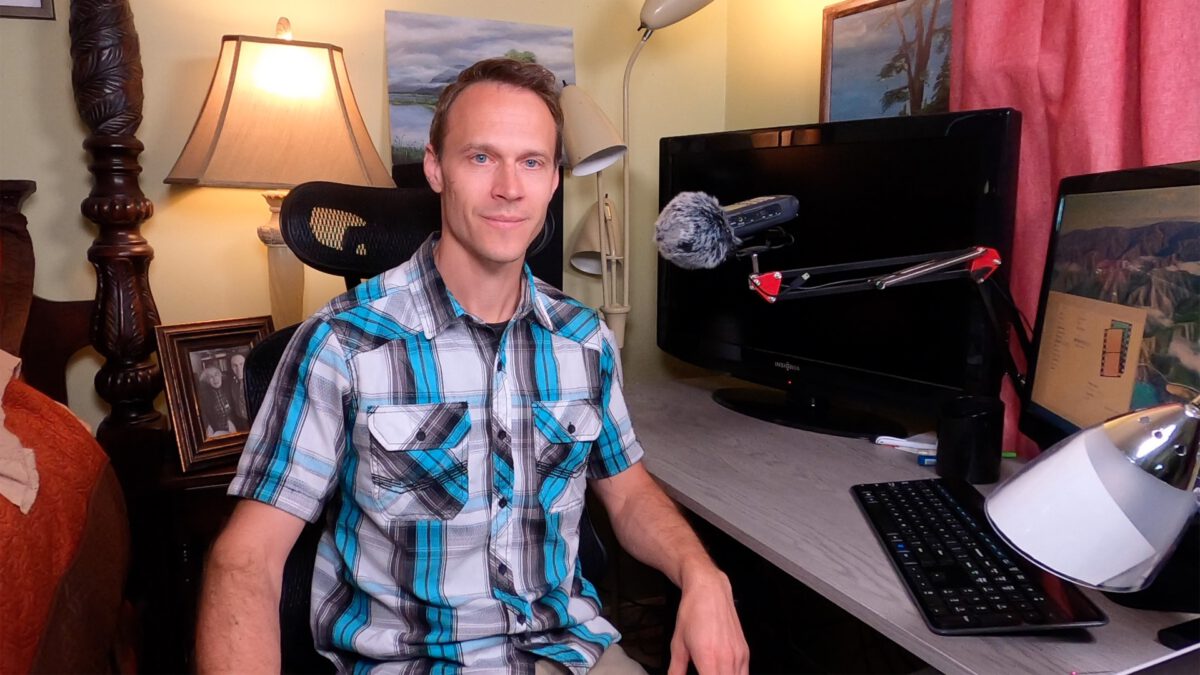
This episode summarizes a content analysis I did based on responses to the Lil Nas X video “Montero (Call Me By Your Name)” released a couple months ago. The proud queer black artist made waves with this video ripe with religious symbolism, allegory, and allusion. Yet, notably, his identity was not roundly rejected.
Episode 15: Funny or Not Funny?
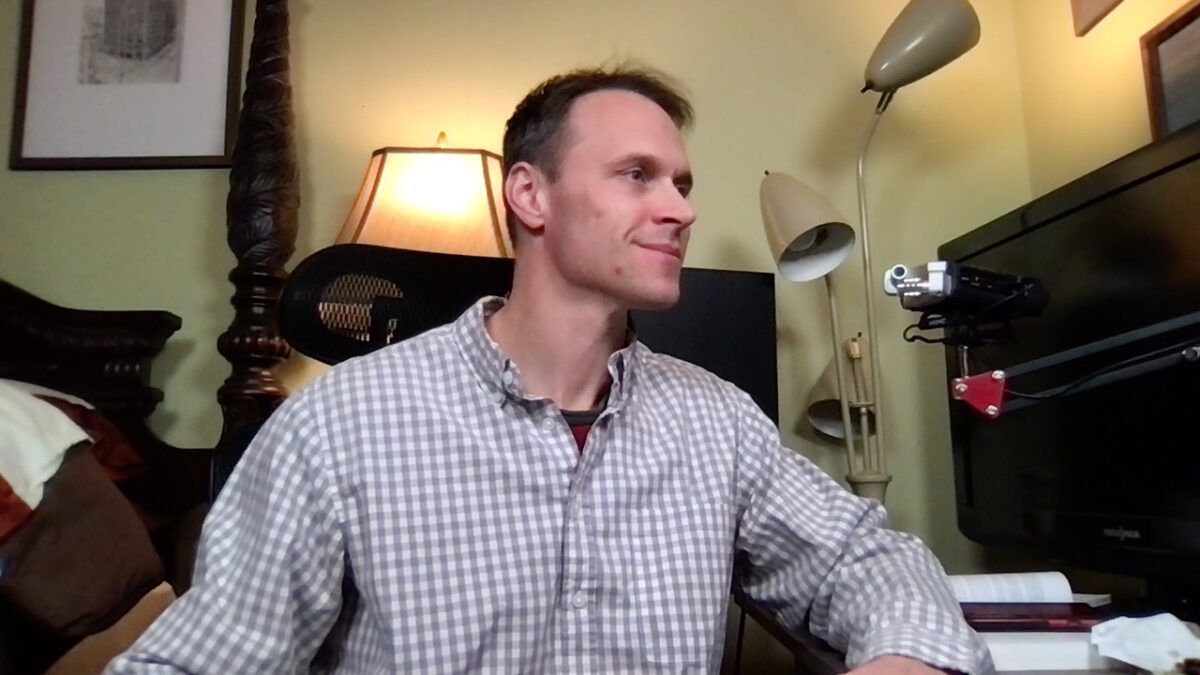
Sometimes the only way we can talk about a sexual topic is to joke about it. Jake helps me break down the merits of this approach.
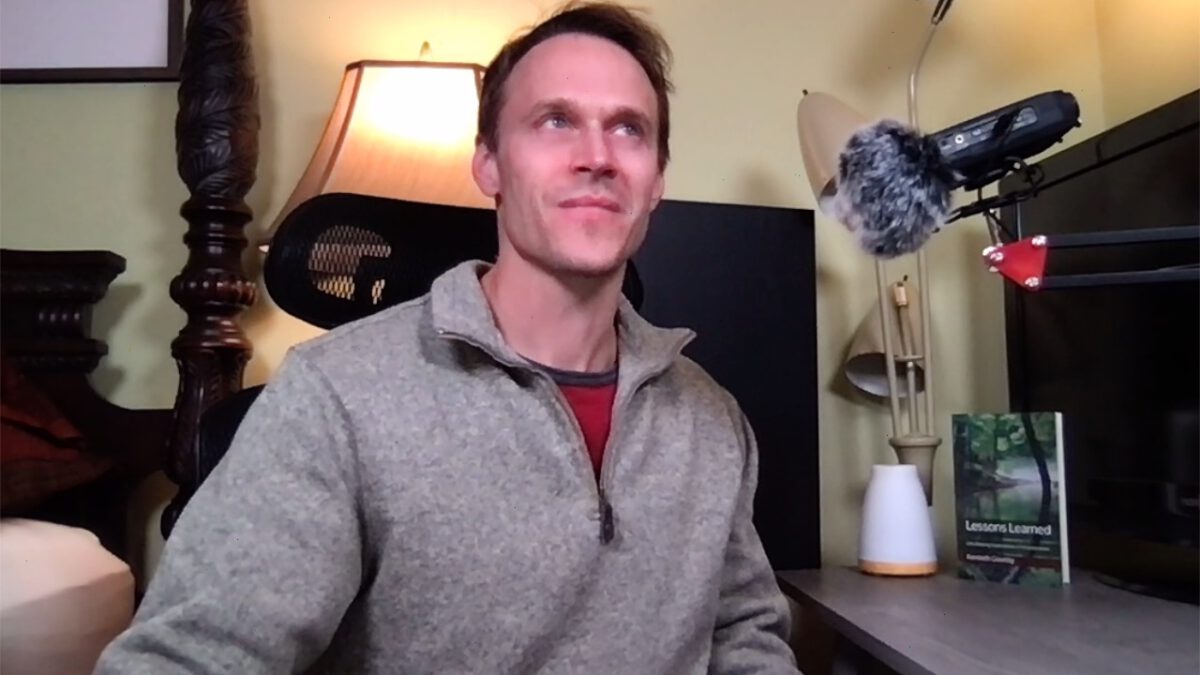
There is a presumption of heterosexuality in our culture, which means that everyone is straight until proven otherwise. I mean, when was the last time you saw someone come out as straight?
Episode 13: Civil Commitment
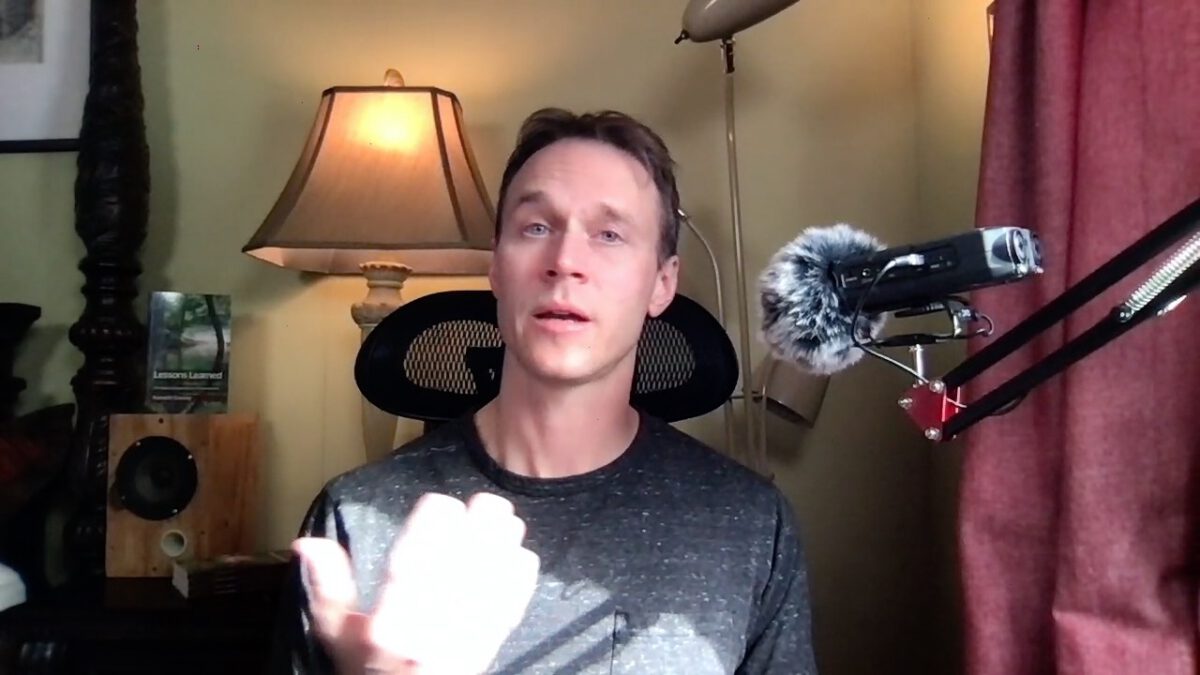
Civil commitment is used to hold people who might commit crimes in the future. Black and queer people suffer the most.
